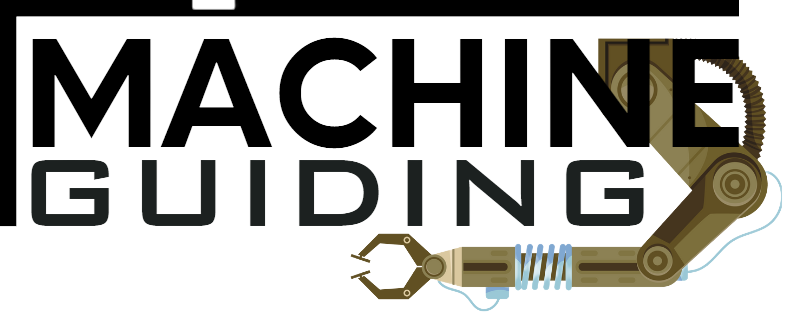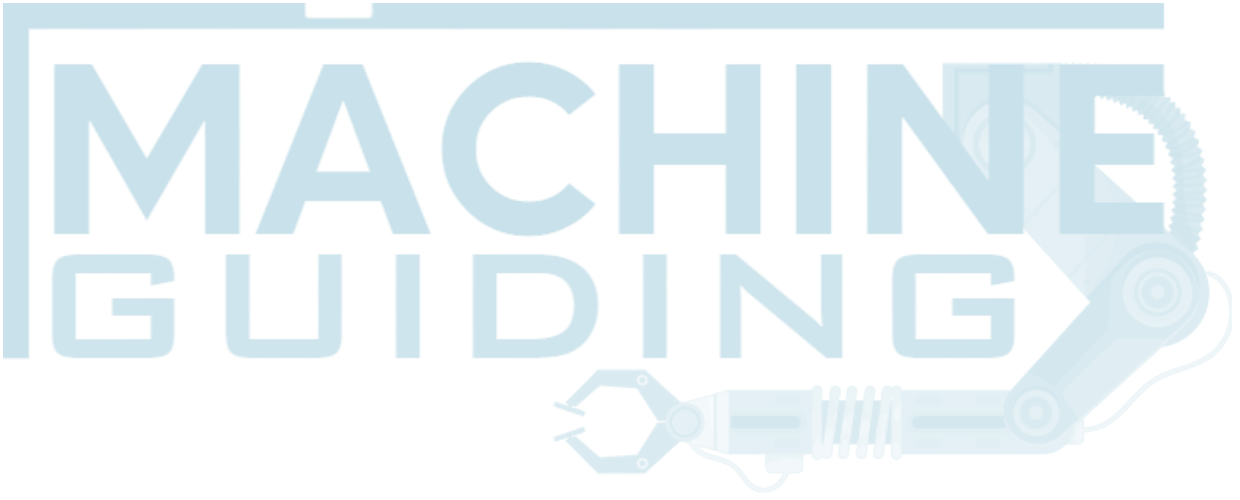The rapid advancement of modern artificial intelligence (AI) has become a game-changer in various industries. As AI technology evolves, it profoundly impacts the future workforce and business operations. This article discusses the challenges and opportunities presented by the rise of artificial intelligence and how individuals and organizations can adapt to thrive in this changing landscape.
The Impact of Artificial Intelligence on the Future Workforce
Artificial intelligence (AI) is growing, and it has the potential to revolutionize the working way, creating both opportunities and challenges for the future workforce. As AI technology advances, individuals and organizations must recognize the potential impact and proactively prepare for the changes. By embracing lifelong learning, individuals can acquire new skills and stay relevant in an ever-evolving job market. Reskilling and upskilling programs will be instrumental in equipping workers with the necessary expertise to work alongside AI systems effectively. Businesses can leverage their strengths to drive productivity, efficiency, and innovation by promoting collaboration between humans and AI systems.
Automation and Job Displacement
With the rise of AI and machine learning solution, automation is becoming increasingly prevalent in many industries. AI-powered machines can efficiently perform routine and repetitive tasks, leading to concerns about job displacement.
Skills for the Future
As AI takes over repetitive tasks, the demand for uniquely human skills such as creativity, critical thinking, and emotional intelligence will likely grow. Individuals need to develop these skills to remain relevant in the future workforce.
Reskilling and Upskilling
To adapt to the changing business demands of the future workforce, individuals and organizations must invest in reskilling and upskilling programs. It involves acquiring new knowledge and abilities to work alongside AI systems effectively.
Collaboration between Humans and AI
Rather than replacing human workers, AI is more likely to augment their capabilities. Collaboration between humans and AI systems can increase workplace productivity, efficiency, and innovation.
Strategies for Adapting to the Rise of Artificial Intelligence
Individuals and organizations should consider implementing the following strategies to navigate the future workforce shaped by AI.
Embrace Lifelong Learning
With the rapid pace of technological advancements, continuous learning is crucial. Individuals should actively seek opportunities to develop new skills and stay updated on AI trends and applications.
Foster a Culture of Innovation
Organizations need to foster a culture that encourages innovation and experimentation, which includes creating an environment that values creative thinking, problem-solving, and embracing new technologies.
Promote Collaboration and Adaptability
To fully harness the potential of AI, organizations should encourage collaboration and teamwork. Cross-functional teams comprising humans and AI systems can drive innovation and adapt to changing business needs.
Ethical Considerations and Responsible AI
Addressing ethical concerns surrounding its use is essential as AI becomes more integrated with other technology into the workforce. Organizations should prioritize responsible AI development, considering fairness, transparency, and accountability.
The Future Workforce Looking Ahead
As artificial intelligence advances, the future workforce will witness significant transformations. Here are some key considerations.
New Job Roles and Opportunities
While some jobs may be automated, AI will also create new roles yet to be imagined. Individuals who can adapt and acquire new skills will have a better chance of capitalizing on these emerging opportunities.
Collaboration between Humans and AI
Successful integration of AI in the future workforce will require a harmonious collaboration between humans and AI systems. Organizations that foster a culture of collaboration will be at an advantage.
Ethical and Social Impact
As AI becomes more prominent, there will be a greater need to address ethical and social implications. Fairness, privacy, and accountability will be crucial for AI’s sustainable development and acceptance in the workforce.
Conclusion
The rise of artificial intelligence presents both challenges and opportunities for the future workforce. By proactively adapting to these changes, individuals and organizations can position themselves for success, where AI plays an increasingly prominent role. Organizations must foster a culture of innovation that encourages creative thinking and experimentation. The key lies in embracing lifelong learning, fostering innovation, promoting collaboration, and upholding ethical principles as we navigate the path toward a future workforce shaped by AI.















